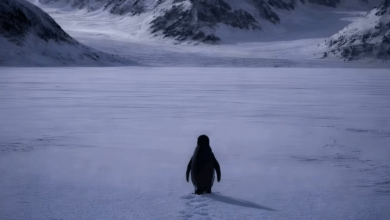Top 10 Camping Dos and Don’ts Every Adventure Lover Must Know
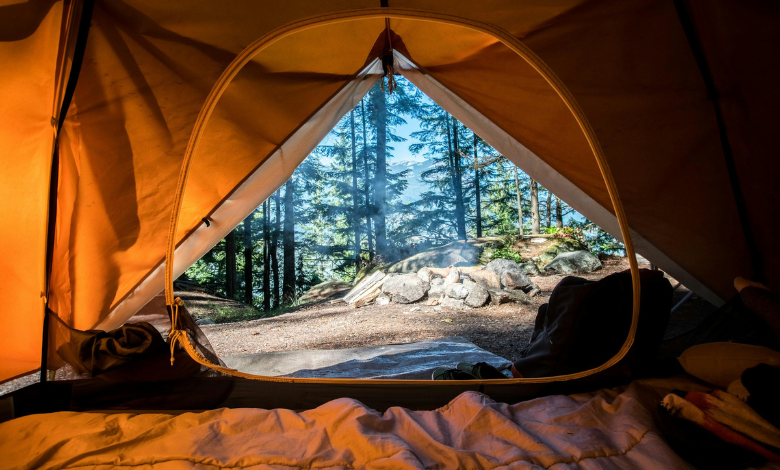
Camping provides an exceptional chance to relax from the stress of everyday life, re-establish a connection with nature, and make enduring memories with those you love. But careful planning, preparation, and attention to important dos and don’ts are necessary for a great camping experience.
We’ll explore the top 10 camping dos and don’ts in this post, which every adventure seeker needs to know to ensure a memorable, safe, and fun time outdoors.
1. Do: Plan and Prepare Thoroughly
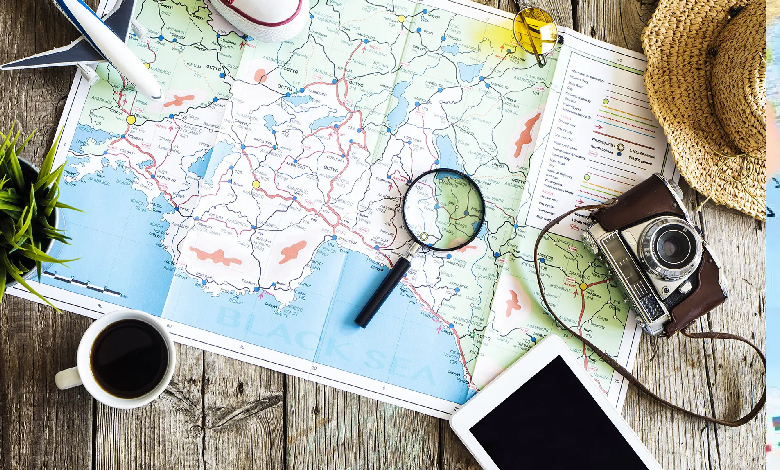
Before embarking on a camping trip, conduct thorough research on your chosen destination, including weather conditions, terrain, and local regulations. Create a comprehensive checklist of camping essentials, such as tents, sleeping bags, cooking equipment, and first aid supplies, and ensure everything is in good working condition.
2. Don’t: Underestimate the Importance of Preparation
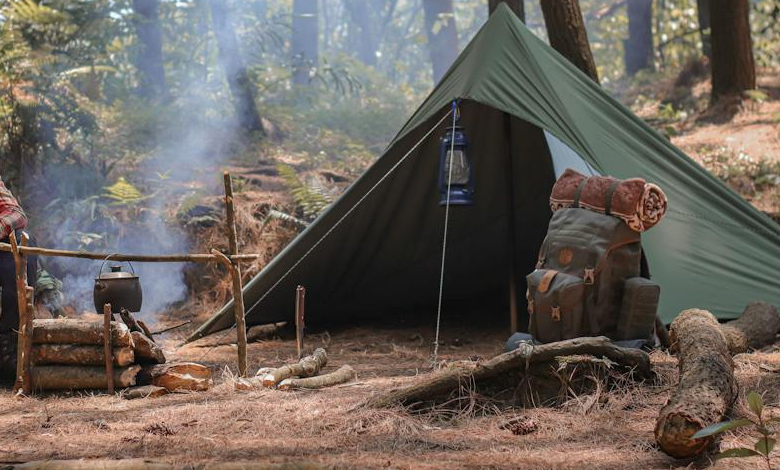
Neglecting to plan and prepare adequately can lead to unnecessary challenges and safety hazards during your camping trip. Rushing into the wilderness without essential gear, adequate provisions, or knowledge of the area can compromise your comfort and well-being.
3. Do: Choose a Suitable Campsite
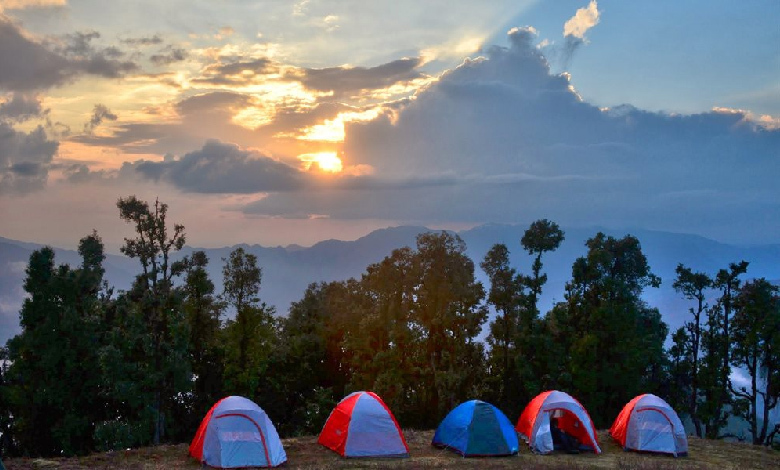
Selecting the right campsite is essential for a successful camping experience. Look for a level, well-drained area away from potential hazards such as steep slopes, flood zones, and rocky terrain. Consider factors such as proximity to water sources, toilet facilities, and scenic views when choosing your campsite.
4. Don’t: Disregard Leave No Trace Principles

Respect the natural environment by adhering to Leave No Trace principles, including packing out all trash, minimizing campfire impact, and respecting wildlife and vegetation. Avoid camping in sensitive areas such as fragile ecosystems, wildlife habitats, and designated wilderness zones.
5. Do: Set Up Camp Responsibly
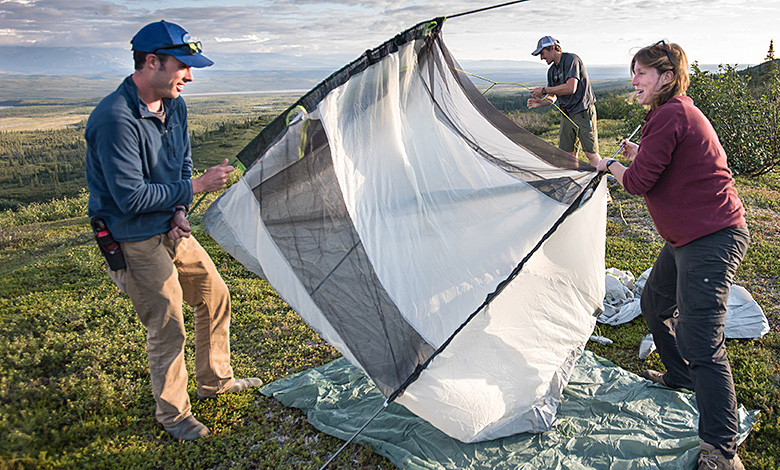
When setting up camp, follow Leave No Trace principles and minimize your impact on the environment. Pitch tents on durable surfaces such as bare ground or designated tent pads, avoiding trampling vegetation or disturbing wildlife habitats. Use established fire rings or portable stoves for cooking, and practice proper waste disposal techniques.
6. Don’t: Damage Natural Resources
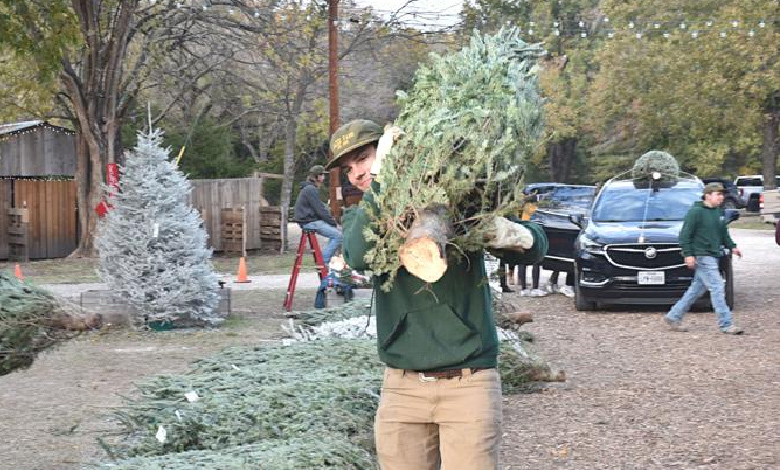
Irresponsible camping practices such as cutting down trees, digging trenches, or leaving behind litter can degrade natural resources and spoil the outdoor experience for future visitors. Respect the land and leave your campsite as you found it to preserve its beauty and ecological integrity.
7. Do: Practice Fire Safety
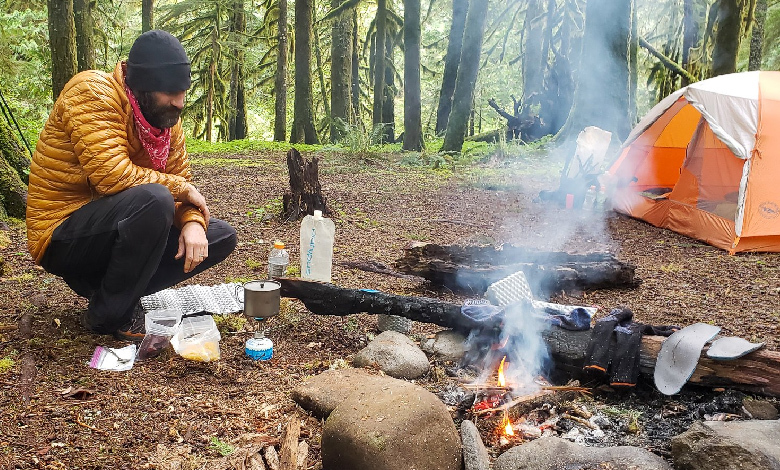
If campfires are permitted, follow proper fire safety protocols to prevent accidents and wildfires. Clear vegetation and debris from the fire pit area, keep fires small and manageable and never leave them unattended. Always have a bucket of water or a fire extinguisher nearby to extinguish flames completely before leaving.
8. Don’t: Start Fires in Unsafe Conditions
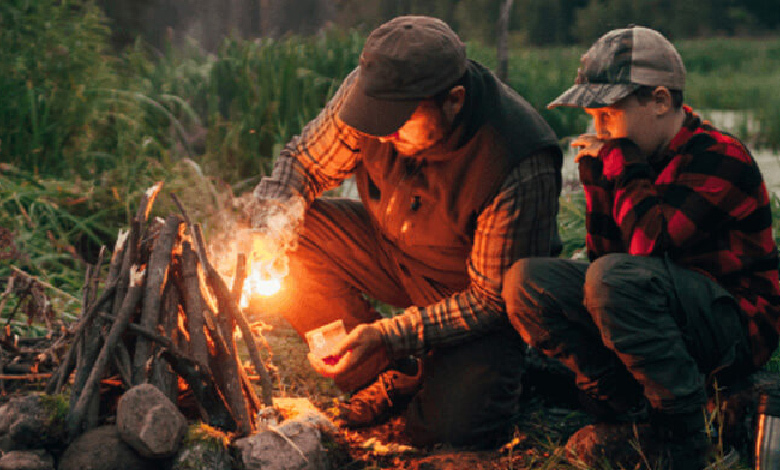
Starting fires in windy, dry, or high-risk conditions can pose a significant threat to both people and the environment. Check local fire restrictions and weather forecasts before lighting a fire, and refrain from doing so if conditions are unfavorable or if fire bans are in effect.
9. Do: Respect Wildlife
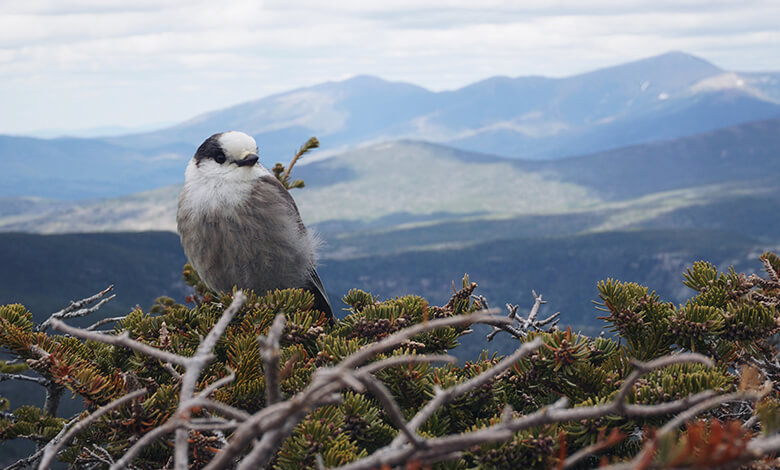
Enjoy observing wildlife from a safe distance and refrain from feeding or approaching animals. Store food, trash, and scented items securely in wildlife-resistant containers or bear-proof lockers to prevent attracting unwanted visitors to your campsite.
10. Don’t: Feed or Disturb Wildlife

Feeding wildlife can disrupt their natural behaviors, habituate them to human presence, and pose safety risks to both animals and campers. Keep a safe distance from wildlife and avoid actions that could cause stress, aggression, or habituation.
Adventure seekers may have safe, responsible, and unforgettable outdoor adventures while reducing their environmental effects by adhering to these top 10 camping dos and don’ts.
Whether you’re an experienced camper or brand-new to the world of outdoor leisure, following these guidelines will make camping more enjoyable for everyone and increase your appreciation of nature.

